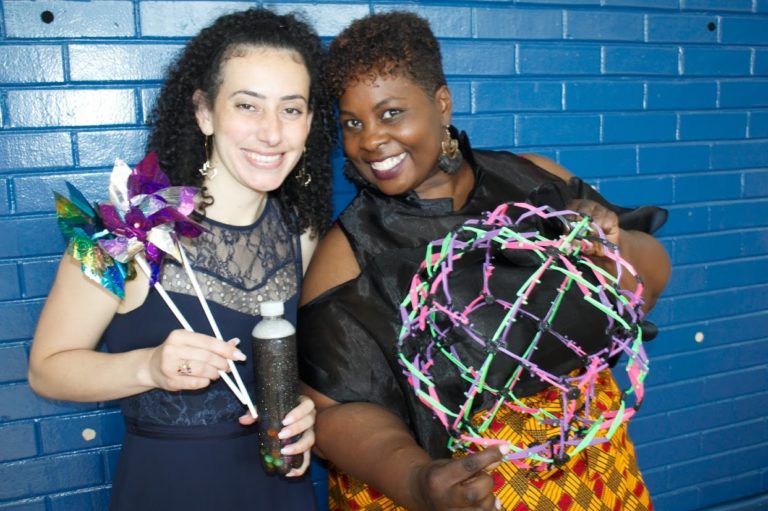Recently, the Washington Post cited statistics that has been a 20% increase in anxiety experienced by ages 6-17 in recent years. The list of what causes childhood anxiety is exhaustive; ranging from trauma, extreme poverty, and recent mass shootings reported in the news and the pressure to pass state tests. Teachers lose valuable instruction time as they attempt to manage students’ anxiety that manifest in the classroom as panic attacks, explosive emotional outbursts and a myriad of other antisocial behaviors
Instead of focusing on what can’t be controlled, teachers utilize Social and Emotional Strategies. Here are three strategies that Daniel Webster Elementary School are using to help reduce student anxiety.
THE BIG WEBSTER HELLO
Meeting new people can be scary. Explicit Instruction that teaches students how to introduce themselves to new people and spark a conversation can help learners ease social anxiety and to make new friends. Big Thought SEL Specialists, Latrisha McDuffie and Amanda Jackson created an easy to learn acronym called the BIG HELLO.
MOOD METER TEMPLATE
During a Social and Emotional Learning Make & Take workshop, DISD Student Engagement/SEL Coordinator, Aileen Mokuria, shared a Mood Meter template where teachers and students can add age appropriate words. Teachers may also add words in other languages or use emoji or pictures to their mood meters. Taking a quick mood check will help teachers to identify when students are feeling anxious or overwhelmed and might need a brain break.
THE WILDCAT HOUSE SYSTEM
Anxiety about eating alone in the cafeteria, not being selected for a PE team or having someone to play with during recess is a major reason why many students choose not to come to school. The four Wildcat houses; Amistad, Kalenji, Isibindi and Amore gives each student a place to belong and feel connected. Every Friday is House Day, where students participate in team building activities. Students also participate in Specials, attend programs and eat in the cafeteria with their housemates.






